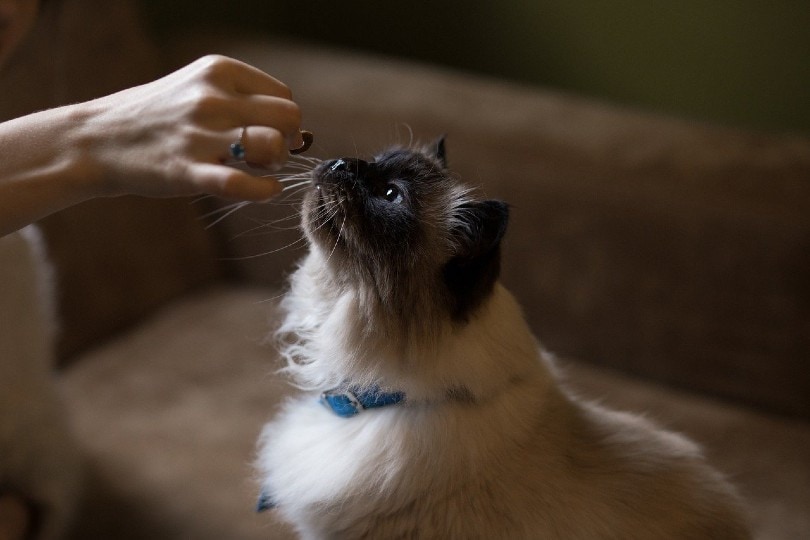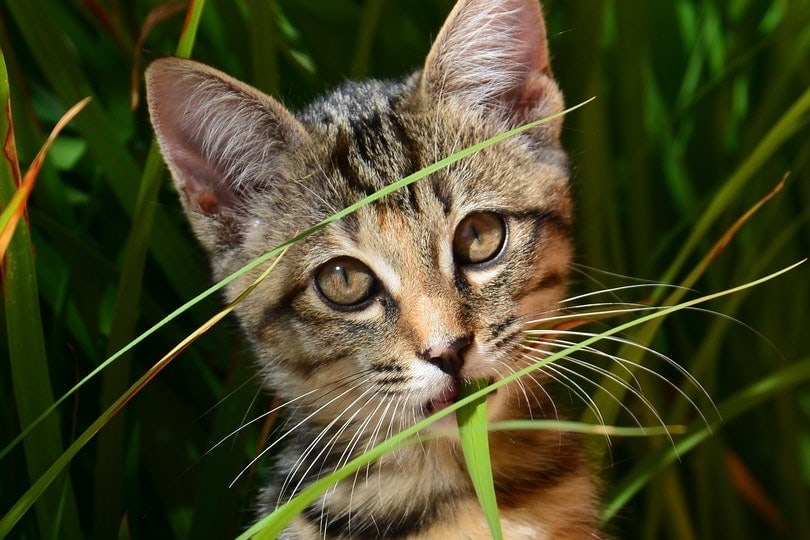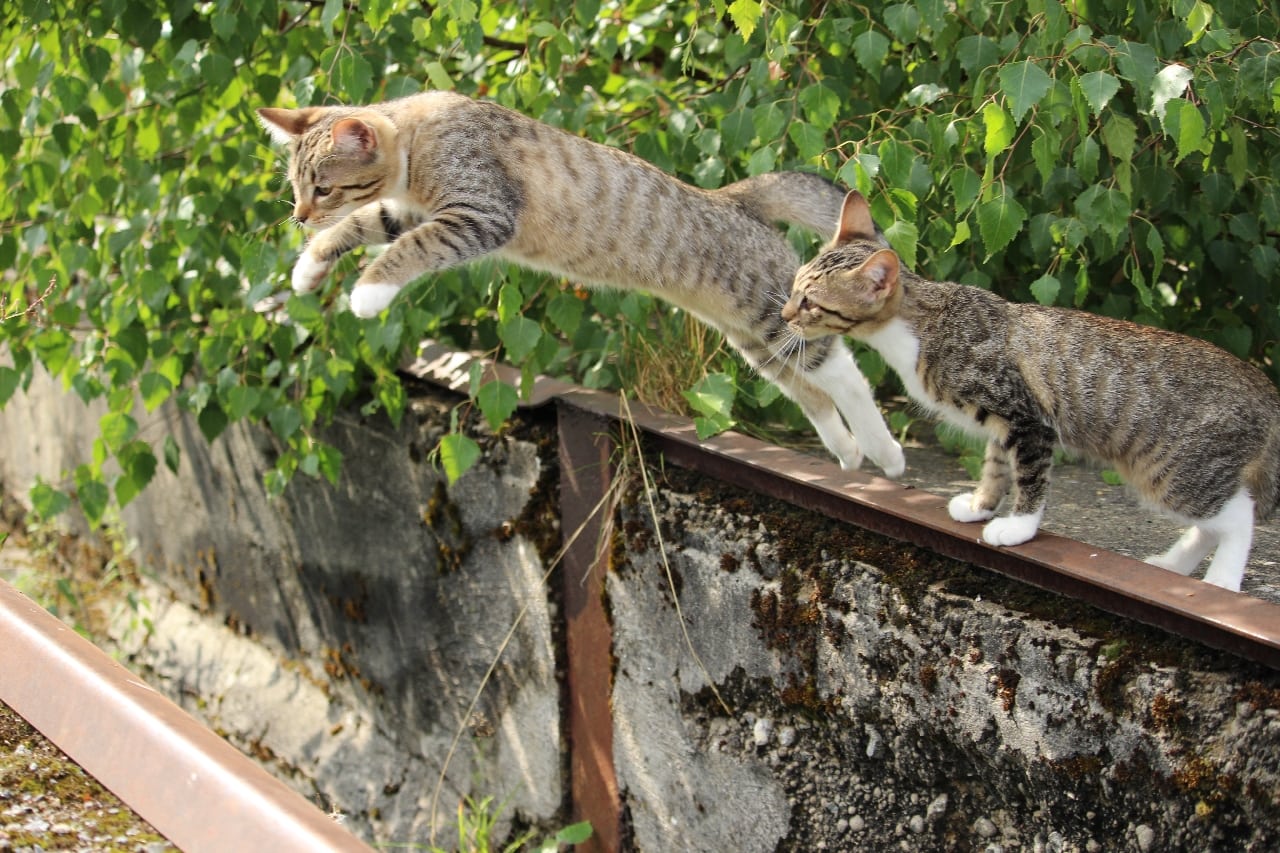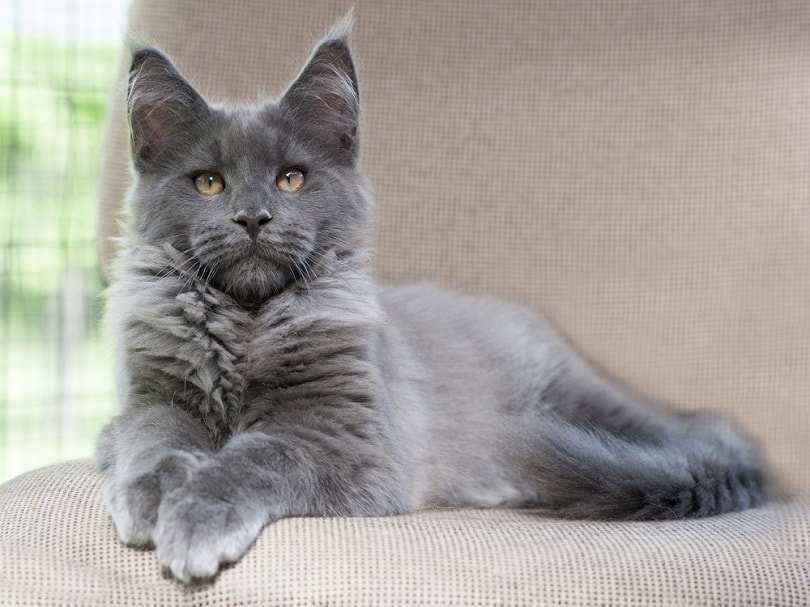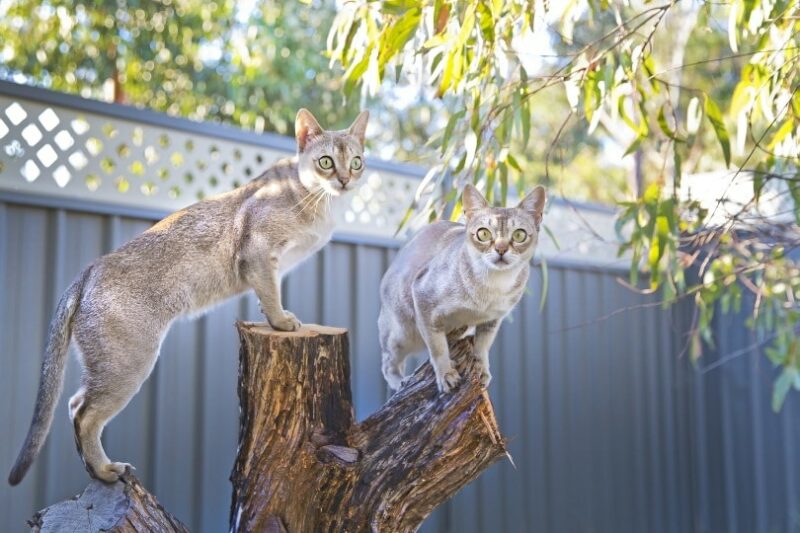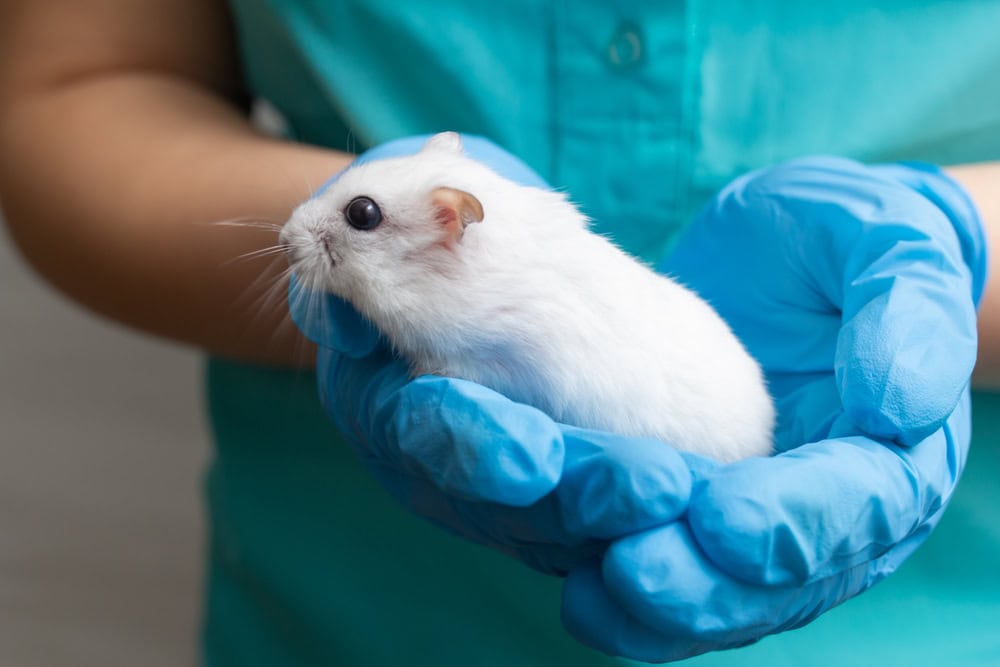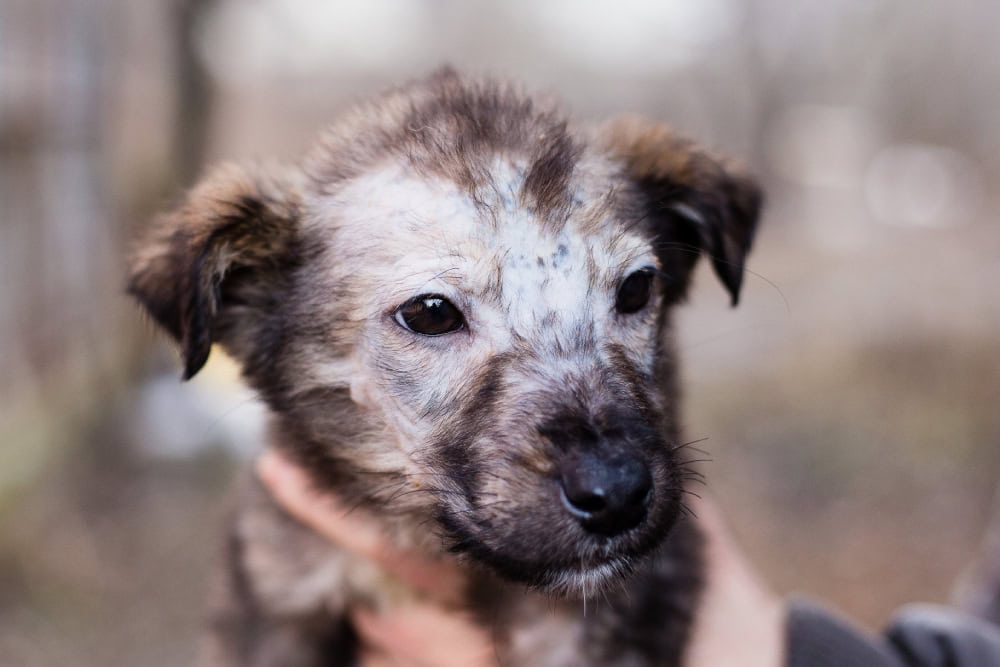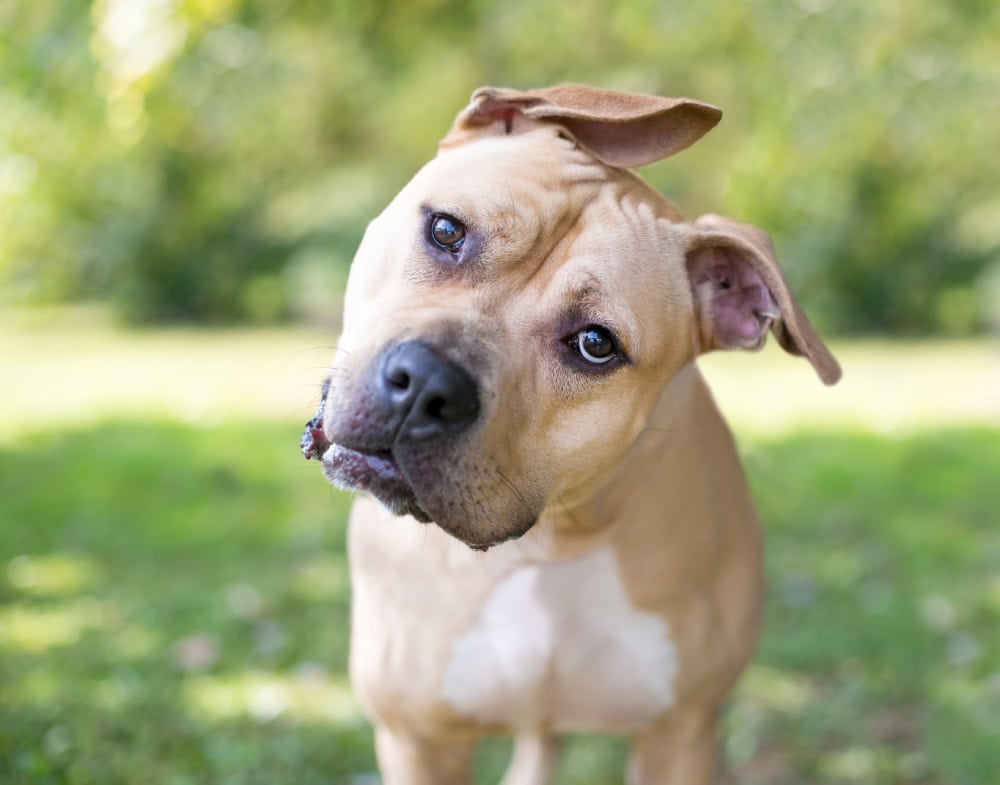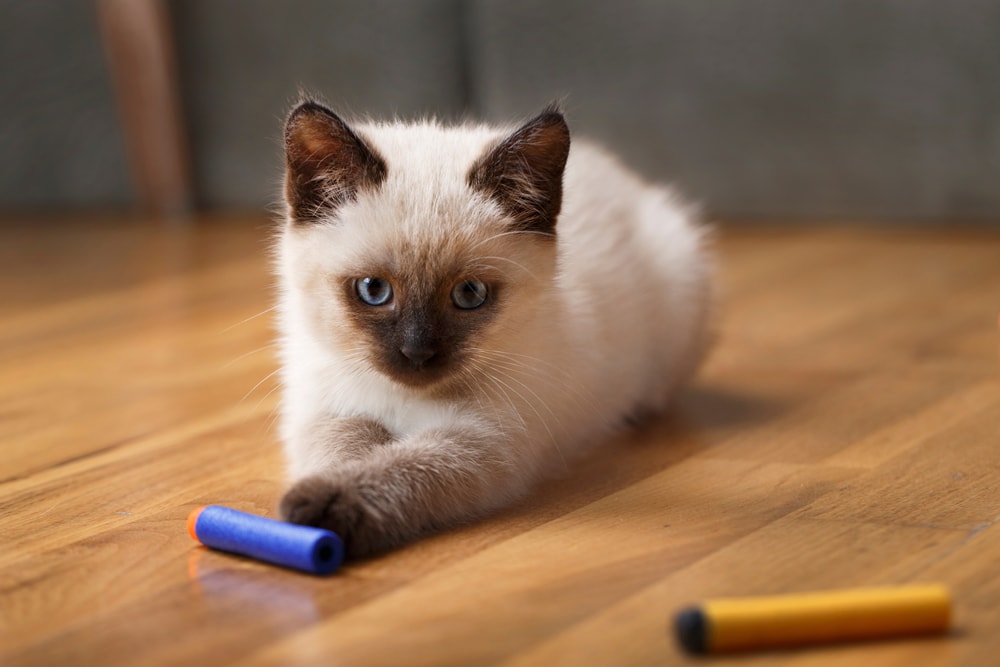
VET APPROVED

The information is current and up-to-date in accordance with the latest veterinarian research.
Learn more »Kittens are undoubtedly some of the cutest creatures on the planet. With their big eyes, tiny paws, and playful personalities, it’s no wonder why so many people can’t resist their feline charms. However, as adorable as they may be, kittens don’t stay young forever. Like all living beings, they go through various developmental stages that eventually lead them to adulthood. Understanding these milestones is crucial for any cat owner, as it can help them provide the proper care and support their feline friend needs. But when do kittens actually become adults? Kittens are technically considered adults around the age of 1 year old. Let’s learn more about the growth stages of kittens in this article.
Growth Stages of a Kitten
As a kitten grows, it goes through several stages of development, both physically and mentally. The exact age at which a kitten becomes an adult is technically around 1 year old on average. Generally, cats reach their full size and weight by the time they are 1 year old, however, their behavior and personality may continue to change for several more years.
Some cats may still exhibit kitten-like behavior well into their second year of life, while others may seem fully mature by the time they reach 6 months of age. Ultimately, the age at which a kitten becomes an adult depends on a variety of factors, including genetics, environment, and individual temperament. Let’s take a closer look at the life stages of cats.
Stage 1: The Neonatal Period (0–2 Weeks)
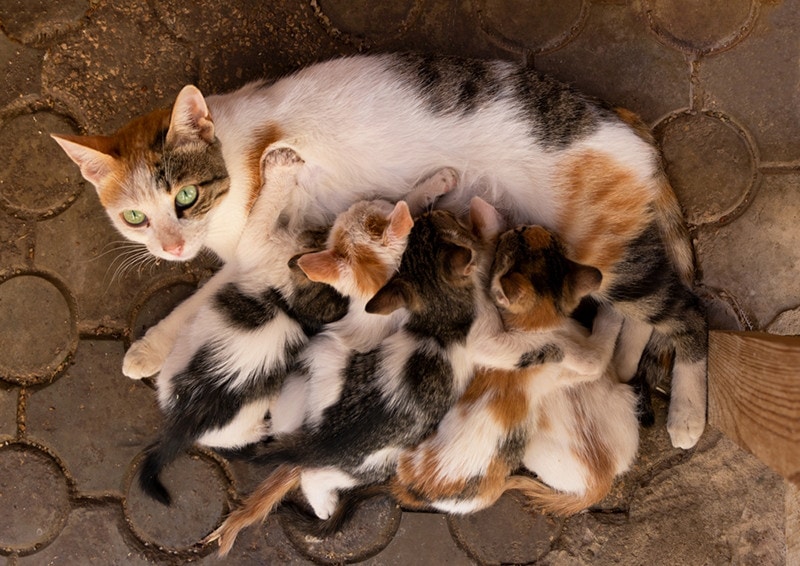
The neonatal period is the first stage of a kitten’s life. It begins at birth and lasts for about 2 weeks. During this time, kittens are completely dependent on their mother for survival. They are born blind, deaf, and unable to regulate their body temperature.1 Their only means of communication are through vocalizations, such as meows and purrs.
As a cat owner, it’s important to provide a safe and warm environment for the mother and her kittens during this stage. The mother will need plenty of food and water to produce milk for her litter, and the kittens will need a clean and comfortable place to sleep. It’s also essential to handle the kittens gently and minimally during this stage, as they are delicate and vulnerable to infections.
In terms of development, the neonatal period is a time of rapid growth. Kittens will double their birth weight within the first week of life and continue to gain weight steadily. They will also begin to develop their sense of smell and taste, which will help them locate their mother’s milk. By the end of this stage, kittens will start to open their eyes and ears canals, and their motor skills will begin to develop. They will also start to crawl and explore their surroundings, which marks the beginning of the next stage of development.
Stage 2: The Transitional Period (2–4 Weeks)

The transitional period is a crucial stage in a kitten’s development. It begins when the kittens are around 2 weeks old and lasts until they’re 4 weeks old. During this stage, kittens start to become more active and mobile. They’ll begin to walk, play, and interact with their littermates. The kittens will also start to develop their coordination and balance, which will help them to climb and jump.
Proving a safe and stimulating environment for the kittens is crucial during this stage. They’ll need plenty of toys to play with, as well as a clean and comfortable place to sleep. The kittens also need to be socialized with humans and other animals, as this will help them to develop their social skills and reduce their risk of developing behavior problems later in life.
During this time kittens will begin to develop their sense of sight and hearing, which will allow them to interact more effectively with their environment. They’ll also start to develop their teeth and begin weaning off their mother’s milk. By the end of this stage, kittens will be more independent and able to explore their surroundings with greater confidence.
Stage 3: The Socialization Period (4–12 Weeks)
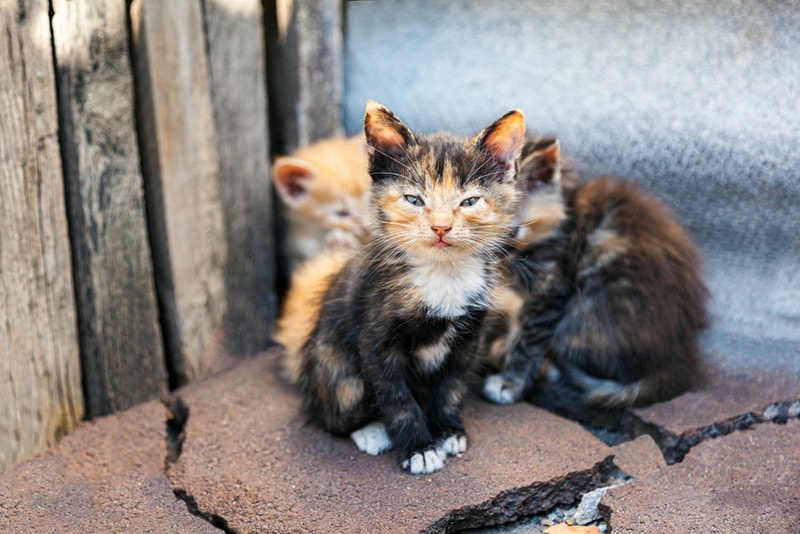
The socialization period is one of the most important stages in a kitten’s development. It really begins when the kittens are around The socialization period is one of the most important stages in a kitten’s development. It really begins when the kittens are around two weeks old and goes until they are around seven weeks of age1, although it can last until they’re 14 weeks old. During this stage, kittens start to develop their social skills and learn how to interact with other animals and humans. They will also start to develop their feline hunting instincts and learn how to play-fight with their littermates (if they’re still with the litter)., although it can last until they’re 14 weeks old. During this stage, kittens start to develop their social skills and learn how to interact with other animals and humans. They will also start to develop their feline hunting instincts and learn how to play-fight with their littermates (if they’re still with the litter).
In this life phase, they’ll need plenty of toys to play with, as well as a clean and comfortable place to sleep. The socialization period begins with self-play and batting objects, followed by social play among littermates (if present) for about 3 weeks. Social play increases from 4 to 11 weeks of age and peaks by 12 weeks. It begins to wane after 12 weeks, and object play predominates until about 4 months of age, when it begins to gradually decline. During this phase, kittens will also need to be socialized with humans and other animals, such as dogs. The cat should incorporate humans and other animals into their social group and respond to them with affection, as this will help them to develop their social skills and reduce their risk of developing behavior problems later in life.
In terms of development, the socialization period is a time of rapid learning and exploration. Kittens will start to develop their cognitive and problem-solving skills, which will help them to adapt to new situations and environments. By the end of this stage, kittens will be more independent and able to navigate their environment with greater confidence. Essentially, this is the starting phase where you’ll really see their individual personality shine through.
Stage 4: The Juvenile Period (3–6 Months)
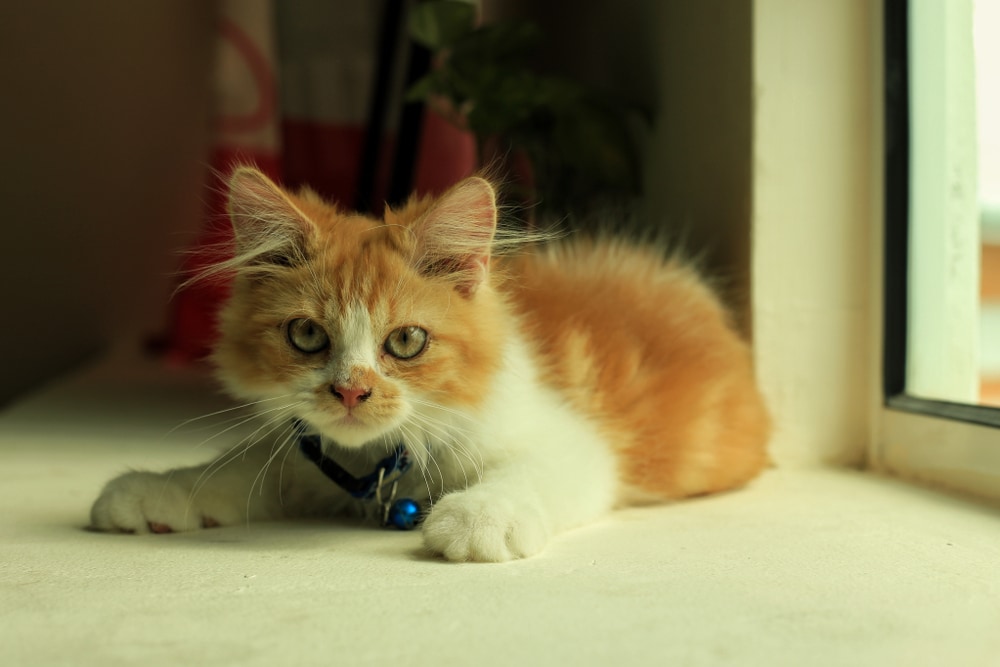
The juvenile period is a time of continued growth and development. It begins when the kittens are about 3 months old and lasts until they are 6 months old. During this stage, kittens will continue to develop their physical and cognitive skills, as well as other skills like social and emotional skills.
At this time, try to provide the kitten with plenty of toys to play with, as well as a clean and comfortable place to sleep. The kitten will need to be socialized with humans and other animals, as this will help them to develop their social skills and reduce their risk of developing behavior problems later in life.
Overall, this period is pretty much a time of continued growth and learning. The kittens will continue to develop their cognitive and problem-solving skills, as well as their hunting instincts. They’ll also start to develop their adult teeth, which may cause some discomfort and chewing behavior.
Stage 5: The Adolescent Period (6–12 Months)
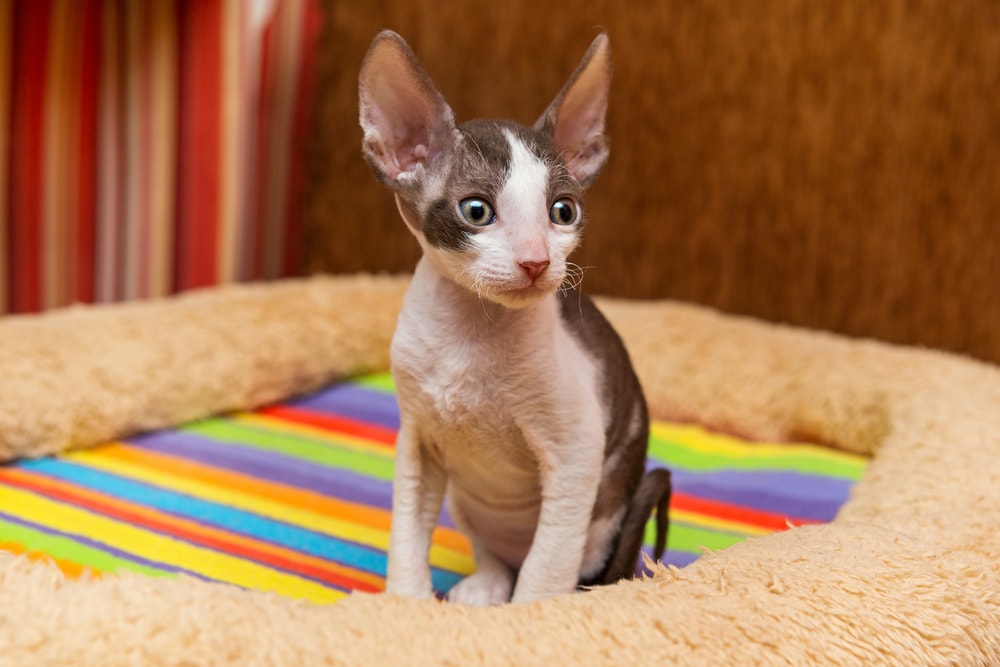
The adolescent period is a time of transition from kittenhood to adulthood. It begins when the kittens are around 6 months old and lasts until they are 12 months old. During this stage, kittens will continue to develop their physical and cognitive skills, as well as their social and emotional skills.
As a cat owner, it’s important to provide a safe and stimulating environment for the kittens during this stage. They will still need plenty of toys to play with, as well as a clean and comfortable place to sleep. At this phase, kittens will begin to exhibit more adult-like behavior, such as marking and scratching. They’ll also reach their sexual maturity, which may result in some behavioral changes.
At this phase, kittens will begin to exhibit more adult-like behavior, such as marking and scratching. They’ll also reach their sexual maturity, which may result in some behavioral changes.
Stage 6: Adulthood (1 Year and Above)
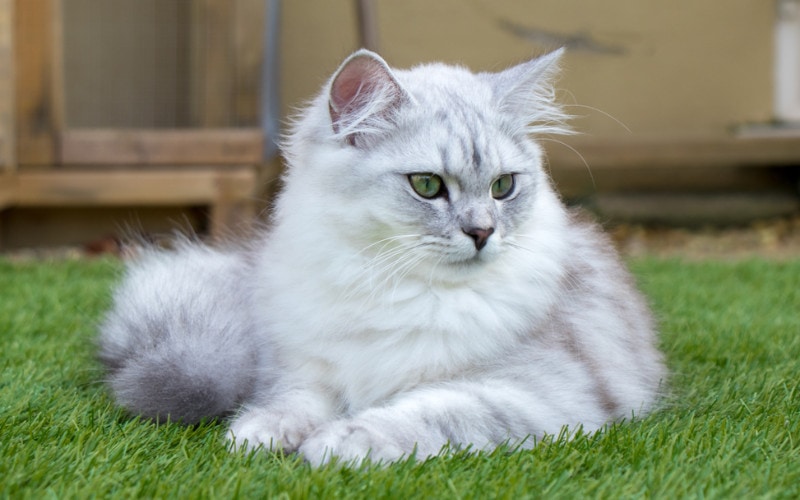
Adulthood marks the final stage of a kitten’s development. It begins when the kittens are around one year old and lasts for the remainder of their lives. During this stage, cats will continue to mature emotionally and socially, but their physical development will slow down.
As a cat owner, it’s important to continue to provide a safe and comfortable environment for your cat during this stage and for the rest of their lives. Your kitty will need an environment that is exciting and stimulating both mentally and physically to stay fit and healthy. This is called enrichment, and it includes many options such as different types of toys, cat trees, interactive feeders, and cat mazes. Your cat will also need a clean, quiet and comfortable place to sleep and rest. They will also need to be provided with proper nutrition and veterinary care to ensure their health and well-being.
At this last phase, cats will have developed their adult personality and behavior and will exhibit more predictable behavior patterns. They will also have developed their social skills and will be able to interact effectively with other animals and humans.
Conclusion
A kitten’s journey to adulthood is filled with exciting milestones and challenges. Understanding these milestones is crucial for any cat owner, as it can help them provide the proper care and support their feline friend needs. And by providing a safe and stimulating environment, socializing your kitten with humans and other animals, and providing proper nutrition and veterinary care, you can help your kitten grow into a healthy and happy adult cat.
Featured Image Credit to 8H, Shutterstock
Contents
How useful was this post?
Click on a star to rate (you can leave written feedback after clicking submit)
Help us improve Hepper for pet parents!
Your feedback really matters.
What did you like about this post? Also how can we improve it?








